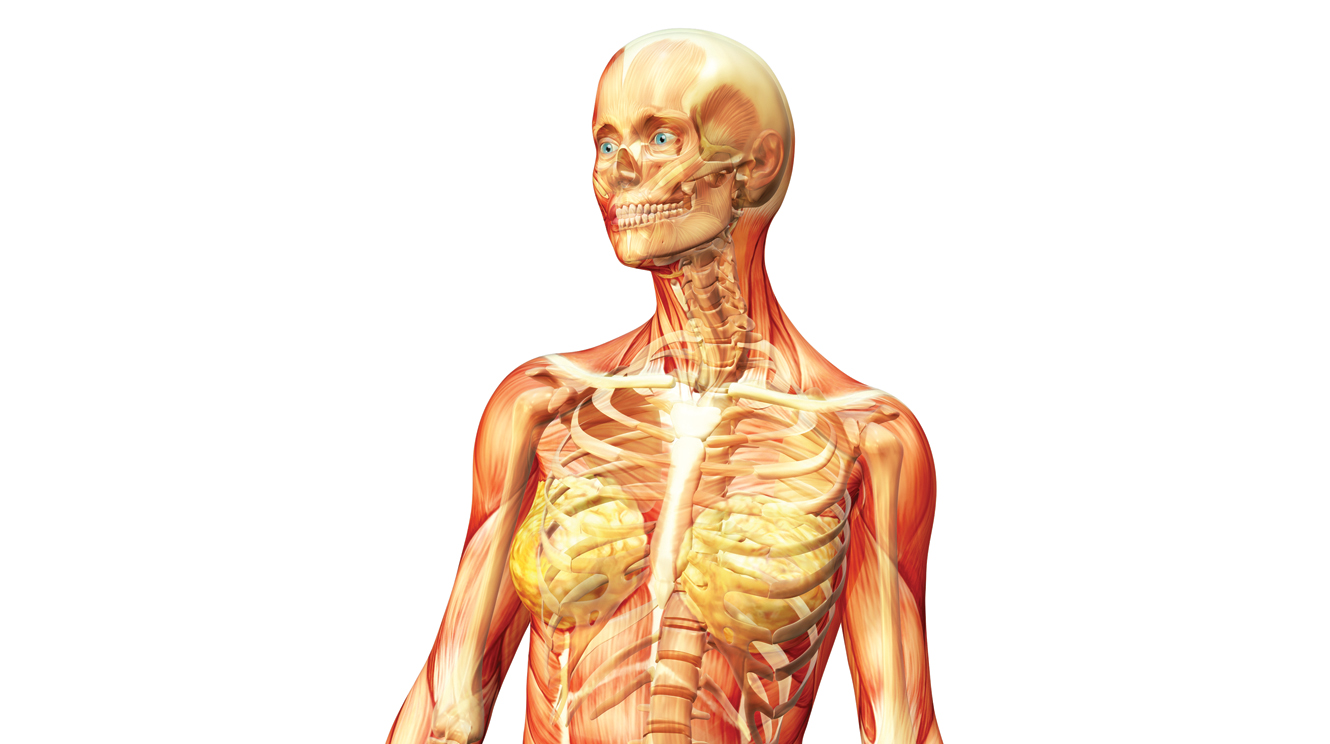
By Dr. Marie Steinmetz
This is the second article in a three-part series on common medications and their side effects. This month we will look at PPIs, or proton pump inhibitors. These are some of the most commonly prescribed medications in the country; they are given for heartburn or GERD (gastroesophageal reflux disease).
The following are the most common side effects of PPIs:
• increase in rates of Clostridium difficile colitis;
• bacterial colonization with resistant microbes in the intensive care unit setting;
• increased risk of community-acquired pneumonia;
• kidney inflammation called interstitial nephritis;
• bacterial overgrowth of the stomach and small intestine;
• pneumonia in the elderly or those with a suppressed immune system;
• hip fracture;
• malabsorption of calcium, iron and vitamin B12;
• and increased risk for bacterial gastroenteritis.
There is actually a withdrawal from these medications, so when you try to stop taking them, your symptoms return. First, if you have a condition called Barrett’s esophagus (a precancerous condition), you may need to stay on medications until that’s resolved. But you can use some of the suggestions below to help heal.
MEALS AND BEDTIME
Avoid large meals at night and allow at least four hours between dinner and bedtime. Some patients find relief by sleeping with bed blocks.
ELIMINATION DIET
A recent publication has demonstrated impressive relief of GERD in those who underwent an elimination diet. You should find a practitioner who’s familiar with this type of diet.
FIBER
Fiber, especially cereal fiber, may reduce reflux symptoms.
HIGH-CALORIE AND HIGH-FAT MEALS
A recent small study found that esophageal acid exposure was greater following the consumption of a high-calorie diet and the fat in the meal affected reflux symptoms.
MEAL TIMING
Consumption of an early dinner was found to reduce nighttime gastric acidity, and consumption of a late-evening meal was found to increase acid reflux, especially in patients who were overweight or had a hiatal hernia.
ALCOHOL INTAKE
Modest alcohol intake has been found to precipitate reflux symptoms in healthy individuals. Also, studies demonstrate an increased prevalence of symptomatic reflux in alcohol users.
ACUPUNCTURE
Acupuncture has been recently shown to effectively inhibit the acid and bile reflux in GERD patients and alleviate patients’ symptoms.
MANIPULATIVE MEDICINE
Techniques that have been found useful include craniosacral therapy, osteopathic manipulation and visceral massage.
HERBS AND SUPPLEMENTS
There are multiple herbal treatments to help heal and treat the problem with fewer side effects. These also can help with withdrawal when you try to stop the PPIs.
The integrative approach includes an evaluation of the patient’s life factors that may be causing the disease. Remember, something happened that your body is responding to with reflux. Poor diet, being overweight, chronic stress, anxiety and medications need to be considered and corrected in an integrative/holistic manner. Many integrative therapies exist for GERD.
PPIs should be withdrawn when possible to avoid long-term complications. Your symptoms are a sign of stress on your body, so you need to look for more than a magic bullet for your long-term health.











